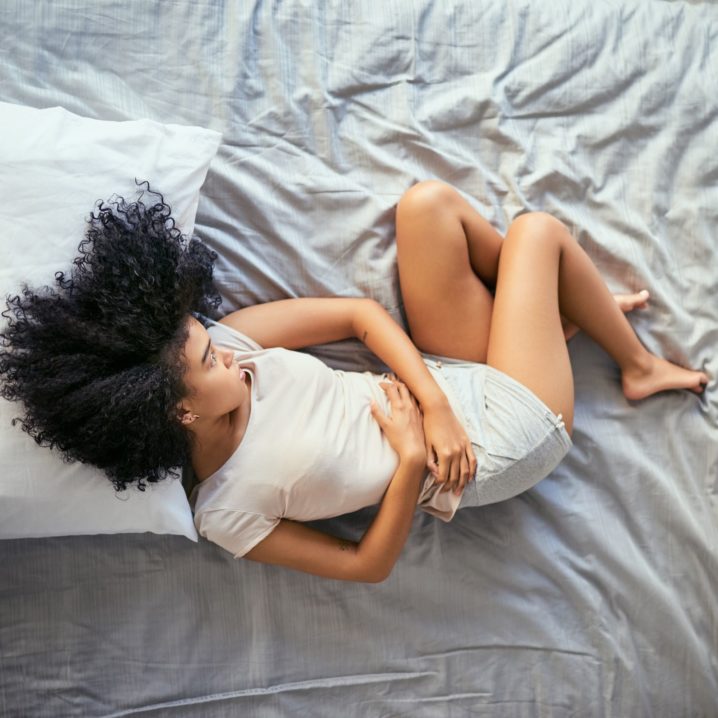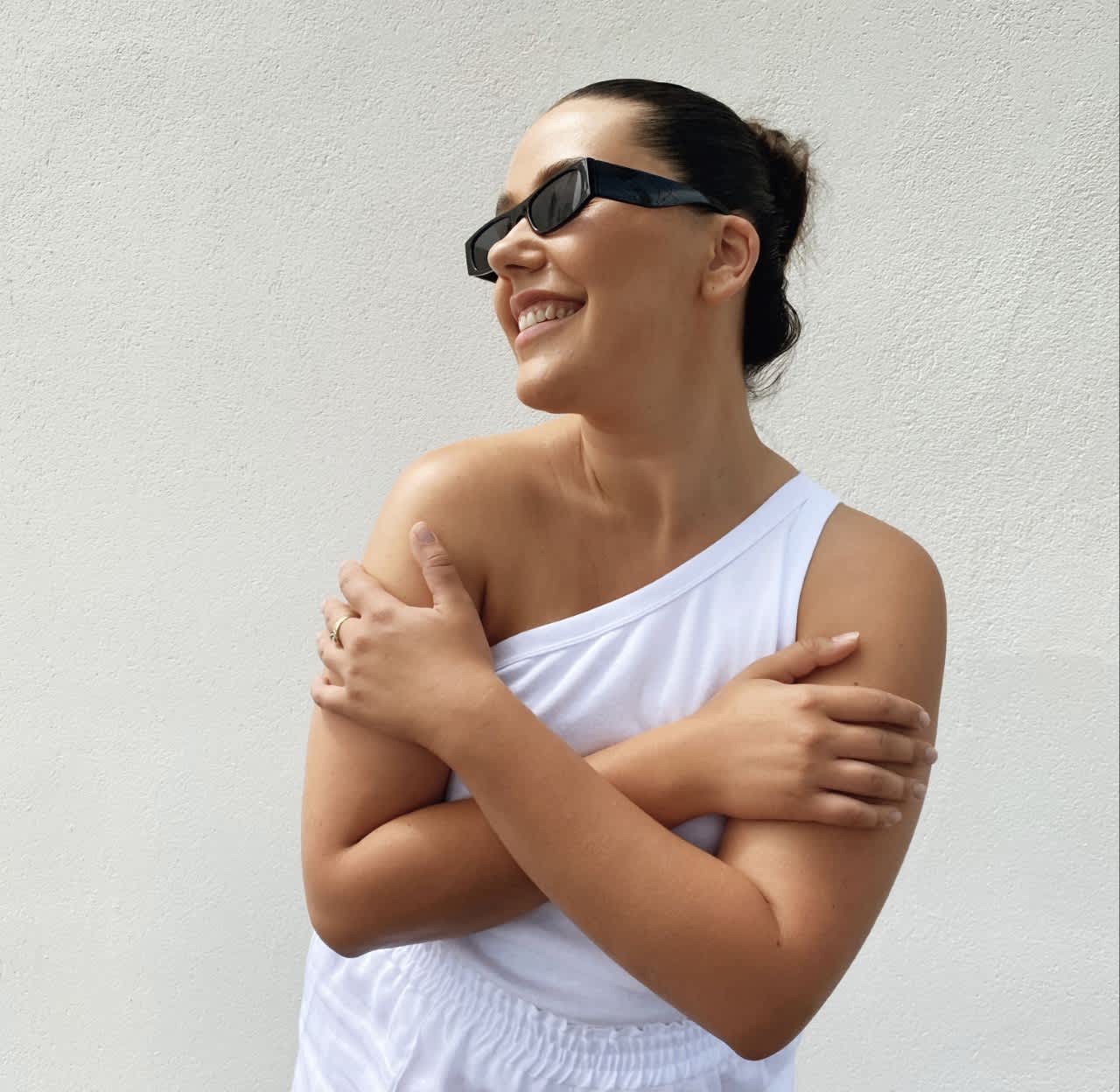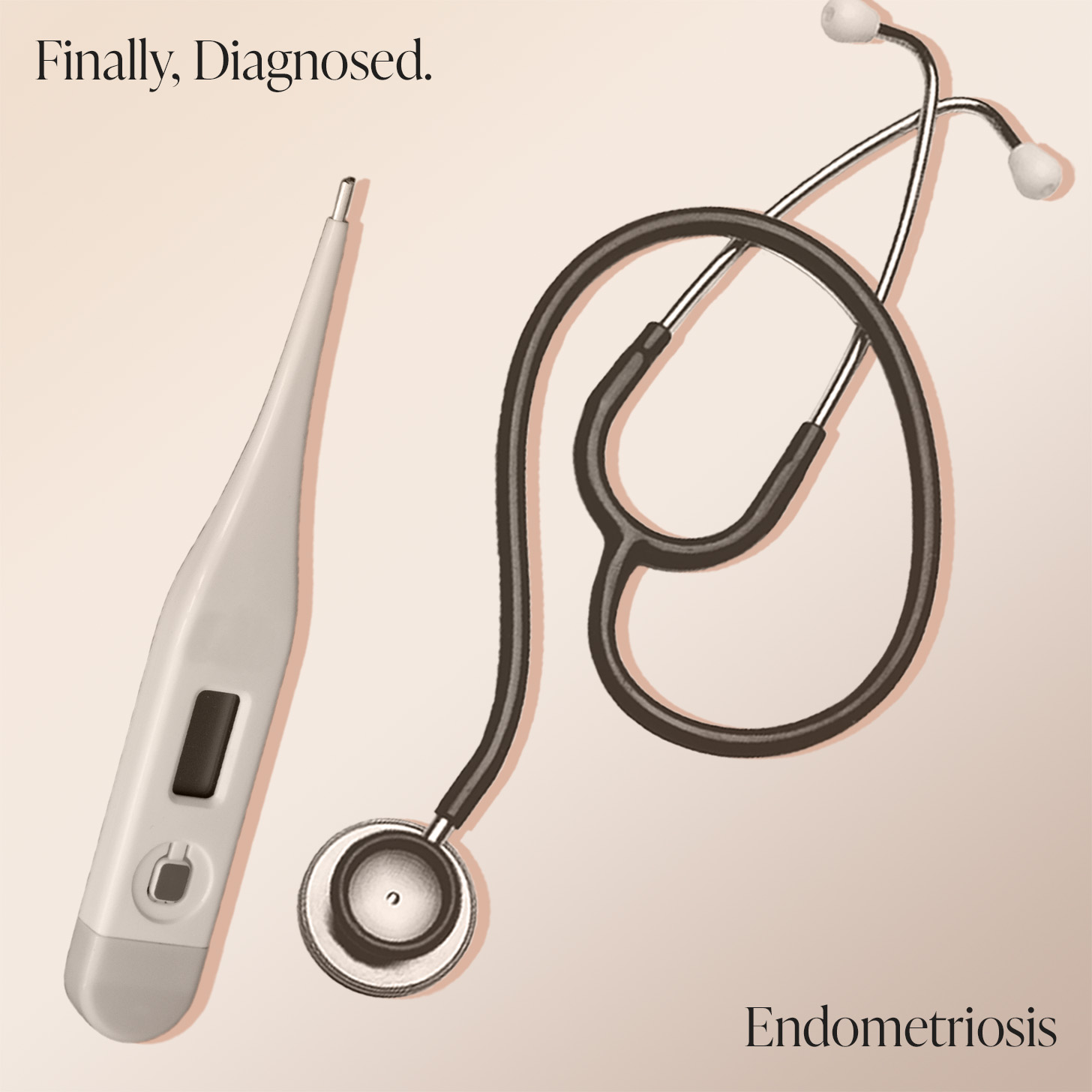
- POPSUGAR Australia
- Living
- 4 Expert Recommended Remedies for Endometriosis That Are Definitely Worth Trying
4 Expert Recommended Remedies for Endometriosis That Are Definitely Worth Trying

As someone who suffers from endometriosis and has struggled to find solutions through western medicine, I’m a big advocate for natural remedies.
Emma Maggs, founder of Wildfemmes, echoes this sentiment. After being on the contraceptive pill — often recommended as a “solution” for endo — for over 15 years, she’s found her healing journey within natural remedies.
“Taking myself off the pill and supporting my body homeopathically, has been what’s worked for me,” Maggs tells POPSUGAR Australia.
“While my body reset itself, I was able to understand more about my hormones by listening to my body and supporting it with supplements where necessary.”
The endometriosis journey is different for everyone, which is why it can be so isolating. What might’ve worked for Maggs might not work for me, but it could be amazing for you. According to Naturopath, Clinical Nutritionist and Certified Fertility Awareness Educator, Ema Taylor, it’s all about finding the things that work for you.
“Take your time in building a support network of practitioners around you that help you to feel comfortable, safe and heard,” she tells POPSUGAR Australia. “You do not, and should not, have to navigate this condition on your own.”
Having supported hundreds of women with endometriosis, Taylor is confident that natural remedies can make a huge difference.
“There are many incredible natural modalities such as naturopathy and acupuncture that can work alongside your general practitioner, to ensure you have complete holistic care.
I can confidently say that by implementing some simple changes and working with a practitioner who treats you as an individual, you can significantly improve your symptoms and life. There is always hope.”
Keep scrolling, for four of her recommended natural remedies you should definitely try.
Eat Anti-Inflammatory Foods
What we eat has more impact on our bodies than we could ever imagine, especially when it comes to inflammation, says Taylor.
“Anti-inflammatory foods, herbs, and supplements will help to reduce inflammation, pain, and support balanced hormones,” says Taylor.
Below, are the different elements needed to eat a balanced, anti-inflammatory diet, according to Taylor.
Fruits and vegetables: Fruits and vegetables are rich in antioxidants, which help protect the body against inflammation. Aim to include a wide variety of colourful fruits and vegetables in your diet, as different colours correspond to different types of antioxidants.
Whole grains: Whole grains such as quinoa, oats, and brown rice are rich in fibre which can help reduce inflammation.
Healthy fats: Foods such as olive oil, avocados, and nuts are rich in monounsaturated and polyunsaturated fats, which can help reduce inflammation.
Lean proteins: Lean proteins such as chicken, turkey, and fish are good options for an anti-inflammatory diet. Plant-based proteins such as beans and lentils are also good choices.
Spices and herbs: Some spices and herbs, such as turmeric, ginger, and rosemary have anti-inflammatory properties and can be added to your diet to help reduce inflammation.
As well as eating an assortment of the above, Taylor recommends anti-inflammatory herbal medicines, such as ginger, curcumin and Omega 3 fish oil. These natural ingredients, taken in higher doses, can be very effective in reducing inflammation, pain and the development of endometrial lesions.
“N-acetyl-cysteine is another powerful antioxidant,” she says. “It’s associated with reducing oxidation, inflammatory markers and excess oestrogen in the body, all of which are associated with endometriosis.”
Reduce Stress
It’s much easier said than done, but reducing stress is always helpful when it comes to anything hormone-related. Our emotions are so closely linked to our hormones, that one exacerbates the other.
“Chronic stress can worsen inflammation and endometriosis symptoms,” says Taylor.
She recommends techniques such as meditation, yoga, and deep breathing as these can help reduce stress and improve overall well-being and are available to everyone.
“Supplementing with magnesium can be very helpful too, as this mineral helps to calm the nervous system, reduce stress, and reduce pain.”
Go get yourself some magnesium powder, queen!
Regular Exercise
As someone with endometriosis myself, I know that exercise is often the last thing I feel like doing. However, I always feel better afterwards and have found that small amounts of regular exercise do lessen the pain.
“Regular physical activity can help reduce pain and improve sleep, mood, and quality of life in people with the condition,” says Taylor.
“It is important to work with the changes in your menstrual cycle; for example, during menstruation, slow stretching may be all you can do. Whereas in the follicular phase of your cycle, some light cardio such as a brisk walk, pilates, or swimming could be better tolerated.
“It’s important to listen to your body and avoid activities that cause pain.”
Check Your Biochemistry
This basically just means going to get your bloods done.
According to Taylor, particular deficiencies like vitamin D, zinc and selenium, can impact your endometriosis inflammation and pain. So, by getting tested, you can identify if you’re lacking in any specific areas and then have the knowledge to treat them accordingly.
_
For more on this topic, listen to the Wildfemmes podcast episode with Ema Taylor below.



